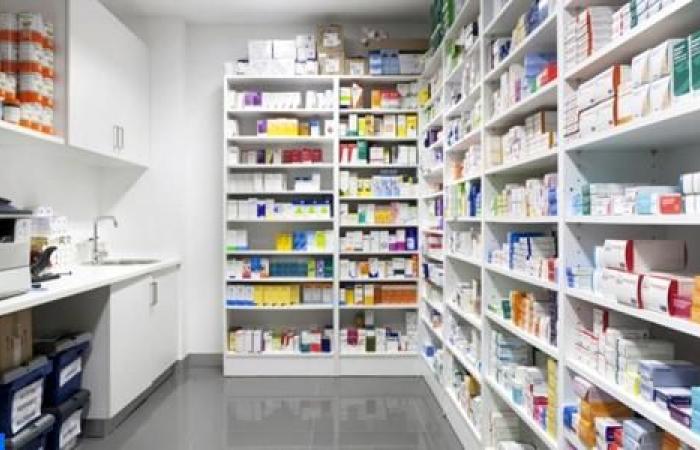“The prices of certain essential medicines have increased surprisingly, far exceeding the prices on the international market. Families are having difficulty obtaining them, which risks slowing down their treatment journey,” worries a pharmacist in Sale.
Indeed, this situation, described as unacceptable by the pharmacist, weighs heavily on Moroccan households, limiting access to treatments and accentuating health inequalities. A recent report from the Moroccan Network for the Defense of the Right to Health and Life also revealed price differences ranging from three to three times, or even more, between the prices practiced in the countries of origin of certain treatments and those on the market. Moroccan.
This reality does not escape the Minister of Health and Social Protection, Amine Tahraoui, who plans to review the pricing practices applied to medicines in Morocco. During a discussion session within the Committee on Education, Culture and Social Affairs, the minister expressed the desire of his department to review the criteria for setting prices, including production margins and the profits allocated to distributors and pharmacists, according to the decree of December 13, 2013.
Furthermore, the minister stressed the need to continue improving pharmaceutical policies to ensure the availability of high-quality medicines at affordable prices for all citizens.
New reduction in sight for more than a hundred drugs
Regarding the prices of medicines practiced, they are set on the basis of comparative studies with 20 countries, including France, Spain and Saudi Arabia, with the aim of guaranteeing balance between manufacturing costs and the interests of citizens. These prices have been reduced significantly thanks to tax exemptions on a total of 4,500 medicines as part of the Finance Law of 2024.
To improve access to care, Amine Tahraoui indicated that a new decision is in preparation and will be made public in the coming days, aimed at reducing the prices of around 169 drugs, including those used for chronic diseases, in order to improve access to care. ‘reduce the burden of drug spending on households.
However, the optimal solution to overcome this problem remains to promote local manufacturing, particularly of generic drugs, in order to increase the national capacity of this industry and reduce Morocco’s dependence on the international market.
Pending the completion of this vision and in order to improve the management of medicine stocks, the ministry is also developing a centralized IT system to effectively monitor and distribute medicines across the country, thereby strengthening the capacity to respond quickly to requests. shortage areas.
The practices of certain monopolies also constitute a reason for the increase in the prices of medicines, according to Fouzi Lekjaa, Minister Delegate in charge of the Budget, who explained that the latter artificially maintain high prices to the detriment of the population. These practices harm the accessibility of medicines and hinder efforts to build a competitive national pharmaceutical industry.
Necessary but rare medications
In addition to high drug prices, the national market also suffers from the scarcity of certain drugs used in the treatment of chronic diseases, essential for patients suffering from heart problems and kidney failure. A reality that pharmacists attribute in part to the growing demand for these drugs, but also to the purchasing and sales mechanisms governed by the international market.
The minister also explained that this shortage is due to supply problems, linked in particular to the availability of raw materials, the manufacturing process of medicines or their distribution to pharmacies, thus impacting the import process by companies. local. Hence the priority given by the government to strengthening the local manufacturing of medicines, particularly generic medicines, with the aim of reducing dependence on imports and strengthening health security.
Among the objectives set out to achieve sovereignty in the pharmaceutical sector is the establishment of a strategic reserve stock, widely available, to be able to manage various crises. This echoes Law 17-04 relating to pharmacy and medicines, which guarantees the supply of necessary medicines to patients in Morocco, by monitoring and tracking the international medicines market in terms of manufacturing, stocks or import.
This law also aims to protect patients and their health, by ensuring a sufficient supply of the national market with medicines, with a stock of at least three months. With this in mind, Morocco created the Moroccan Agency for Medicines and Health Products, responsible for implementing the strategic orientations of the State policy aimed at ensuring medicinal sovereignty and guaranteeing the availability, safety and the quality of medicines and health products.






